10 traits of ‘highly sensitive’ children revealed by psychologists, and how parents can support them
Subtle changes in your parenting approach can massively benefit sensitive kids
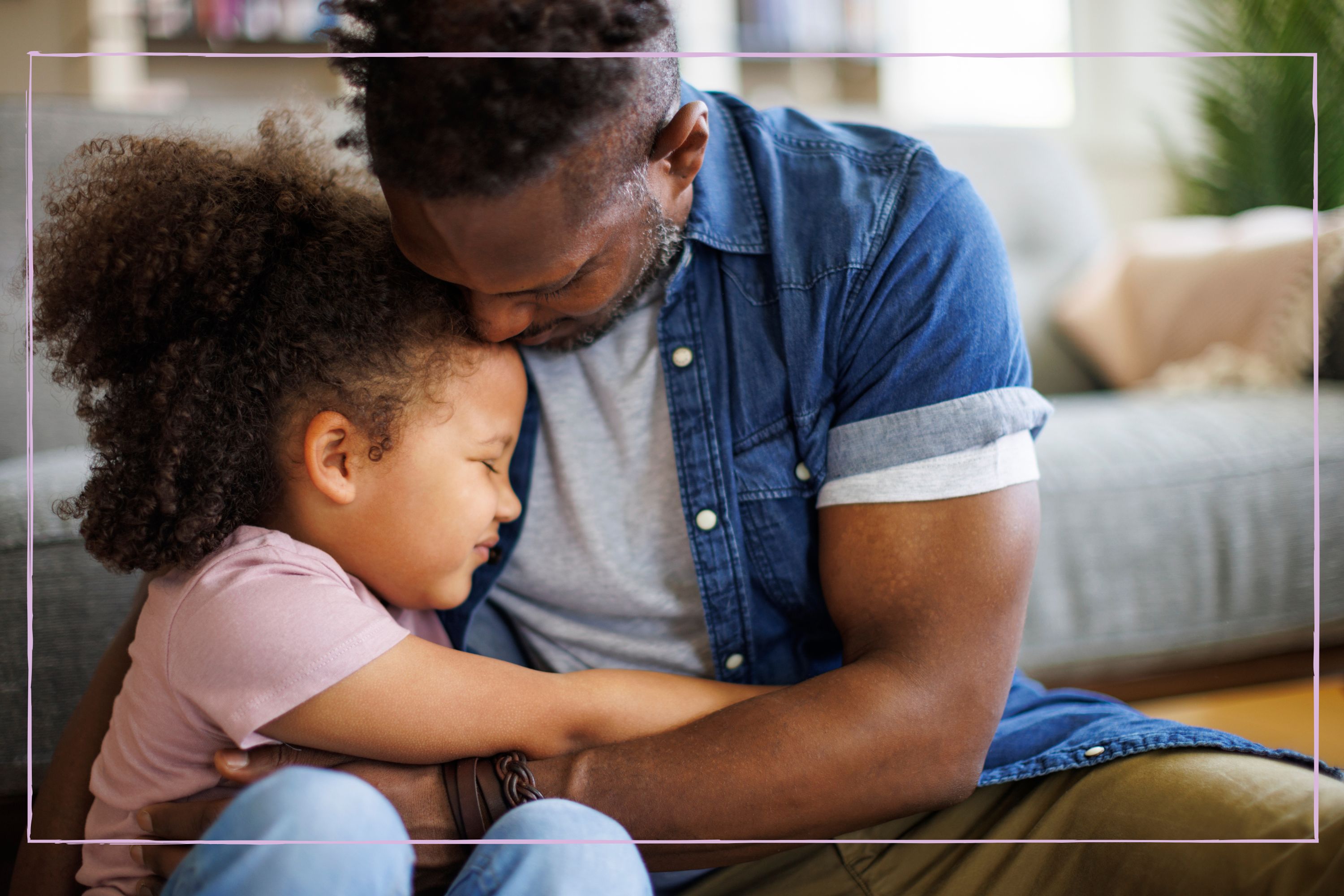
New research has revealed the five best parenting approaches that can help highly sensitive children deal with their emotions better as they grow up.
There are now a whole host of different terms to explain the behaviour of children who appear more sensitive than their peers. The new terminology has given parents more insight and advice on how to help than ever before, from Dr Becky sharing her 'deeply feeling kid' theory to mental health experts giving advice on parenting anxious kids. And our helpful piece on how to talk to kids about feelings.
And now psychologists have coined the term 'highly sensitive' children. According to Claire Lerner, LCSW-C, a licensed clinical social worker and child development specialist who explained the term for Psychology Today, these highly sensitive kids are, "Amazing kids who tend to be fierce and feisty, persistent and passionate. They are incredibly insightful and empathetic. But because of their intensity, they are also prone to having more challenges in adapting to life’s expectations and limits."
Does that sound familiar? It's not unusual for kids to be highly sensitive and, for those parents who think their kids might be 'highly sensitive' children, Lerner revealed the 10 traits these kids tend to have.
10 Traits of Highly Sensitive Children
- They experience emotional extremes
- They have bigger reactions to sensory input
- They are more prone to meltdowns
- They are keenly tuned in to everyone and everything
- They have a more intense need for control and can be rigid and inflexible
- They are more fearful and cautious in new situations
- They tend to have a lower tolerance for frustration
- They are prone to perfectionism and have a very hard time losing
- They have a hard time tolerating being corrected
- They are more self-conscious and easily slighted
So if you think you have a highly sensitive child, what can you do as a parent to better tailor your parenting style to their needs and help your kids learn about their emotions?
According to new research, sensitive kids do definitely respond to parenting differently as a result of their increased sensitivities. Speaking about the research in Psychology Today, Dr Cara Goodwin, Ph.D., who is a licensed clinical psychologist and a mother to three children, revealed that while there is more research needed to properly understand the benefits of sensitive parenting, there are some clear takeaways that parents can implement into their day-to-day to improve life for their kids.
1. Remember that sensitivity isn’t necessarily a bad thing. "The children who were more sensitive to praise in the study showed fewer problems later in life," she explained. "We need more research on this topic, but it is possible that sensitive children may have the advantage of being more sensitive to some positive influences as well. Make sure you notice some of the positive impacts of your child’s sensitive nature rather than only focusing on the negative impacts."
GoodtoKnow Newsletter
Parenting advice, hot topics, best buys and family finance tips delivered straight to your inbox.
2. Accept that some children are just more sensitive, but sensitivity may be more complicated than you think. "You shouldn’t assume that your child, or any child, is generally 'sensitive' across the board but rather it might be more helpful to think about the specific situations that trigger sensitivity. For example, your child may be sensitive to influences at home than at school or your child may be sensitive to sensory input but not emotional influences."
3. Teach new skills to children who are sensitive to changes in their own mood. As research has suggested that sensitive children showed more behavioural problems later in childhood due to being unable to control their mood, the expert says to teach kids 'coping skills' to make sure their behaviour doesn’t have to always be dictated by their mood. "Coping skills could include deep breathing, taking a break, and self-talk such as telling themselves 'Even though I am nervous, I can still do it!'," she explained.
4. Know your child and provide extra support to them in the areas in which they are more sensitive. "Sensitivity in children is all about how children respond to their environment. So think about how you can change the environment to help them," Dr Goodwin said. "For example, if you have a child who is very sensitive to changes in plans, you can prepare them for the possibility of any schedule changes or help them learn coping strategies to handle these changes."
5. Regardless of sensitivity, praise your child frequently and consistently. Dr Goodwin says, "f your child seems to respond well to praise, it is even more important to praise them frequently and consistently," adding that parents should praise based on effort and hard work rather than characteristics of the child.
For more expert insight on parenting approaches, why not read this parenting expert's list of 5 things parents expect their kids to do way before it’s appropriate? Plus, these are the 8 types of play your kid needs to support their development and the big 5 traits that kids develop in the first 10 years of their life.
Charlie Elizabeth Culverhouse is a news writer for Goodtoknow, specialising in family content. She began her freelance journalism career after graduating from Nottingham Trent University with an MA in Magazine Journalism, receiving an NCTJ diploma, and earning a First Class BA (Hons) in Journalism at the British and Irish Modern Music Institute. She has also worked with BBC Good Food and The Independent.
-
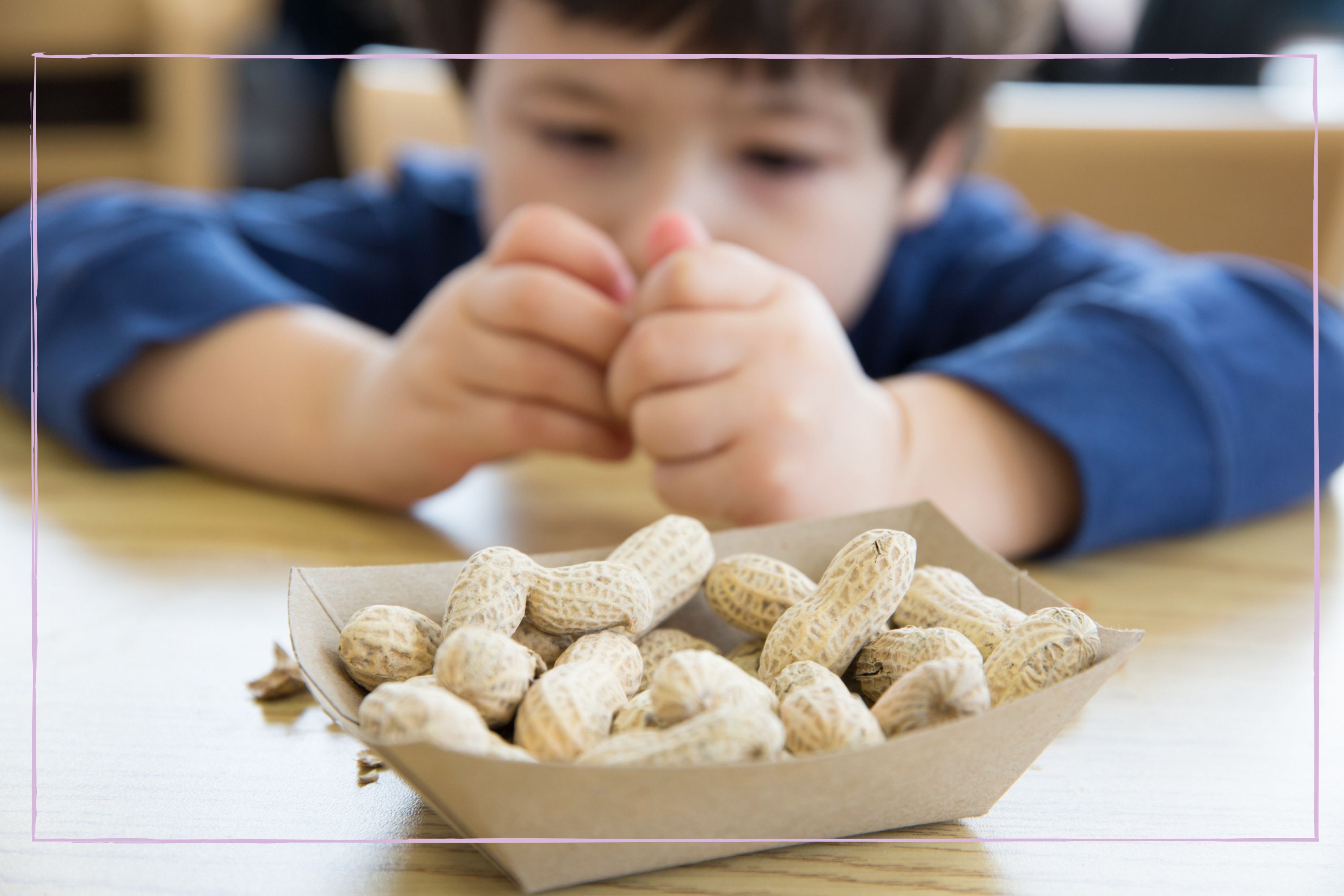 12 things parents of allergy children really want everyone to know
12 things parents of allergy children really want everyone to knowWe spoke to some parents who have children with allergies - they want everyone to know just how serious and debilitating it can be when your child suffers allergic reactions to food.
By Lucy Wigley Published
-
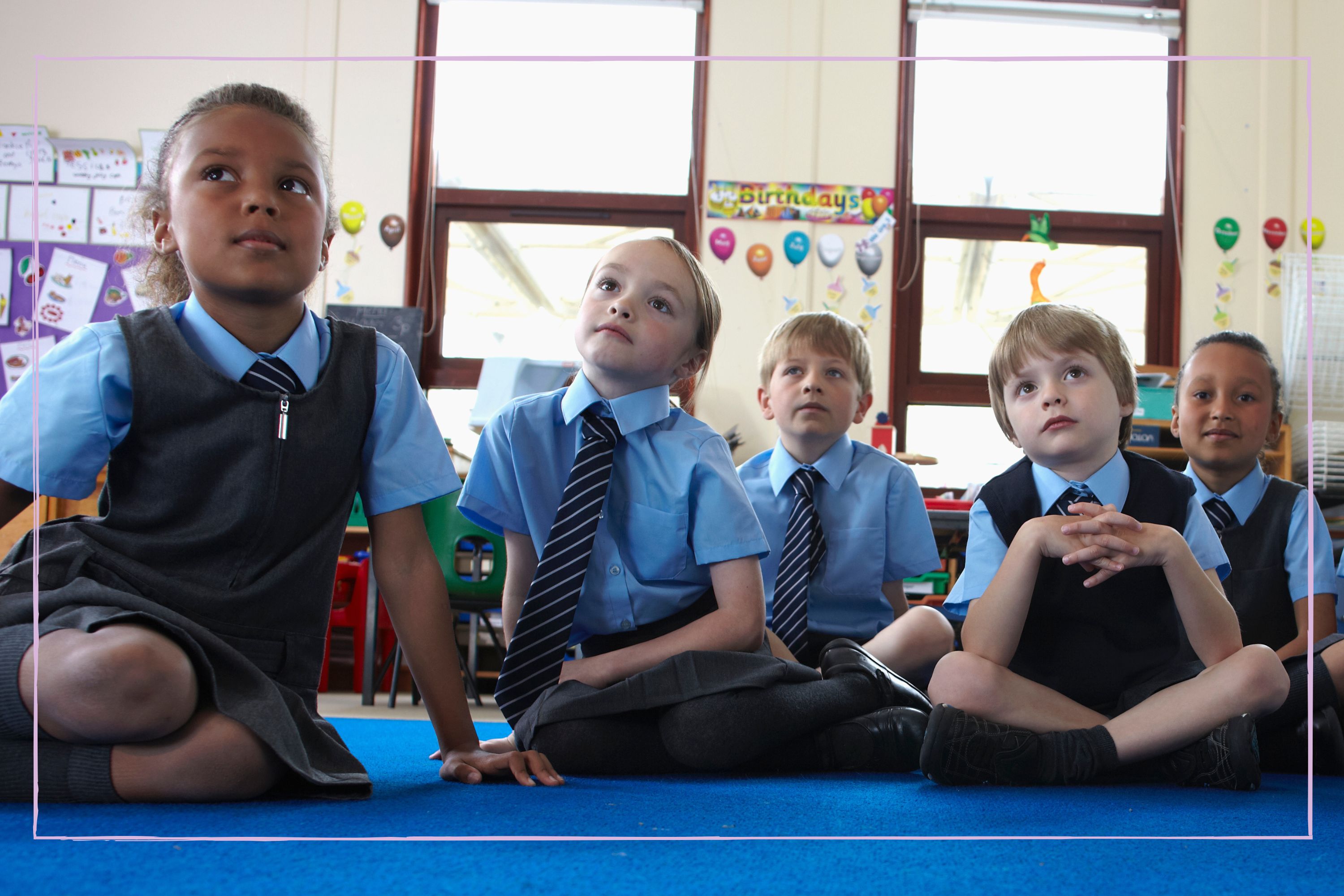 Want to feel old? Watch hilarious video of kids baffled by the school tech their parents used
Want to feel old? Watch hilarious video of kids baffled by the school tech their parents usedMost schoolchildren have no idea what the common classroom tech from just a generation ago was used for, let alone how to use it
By Charlie Elizabeth Culverhouse Published
-
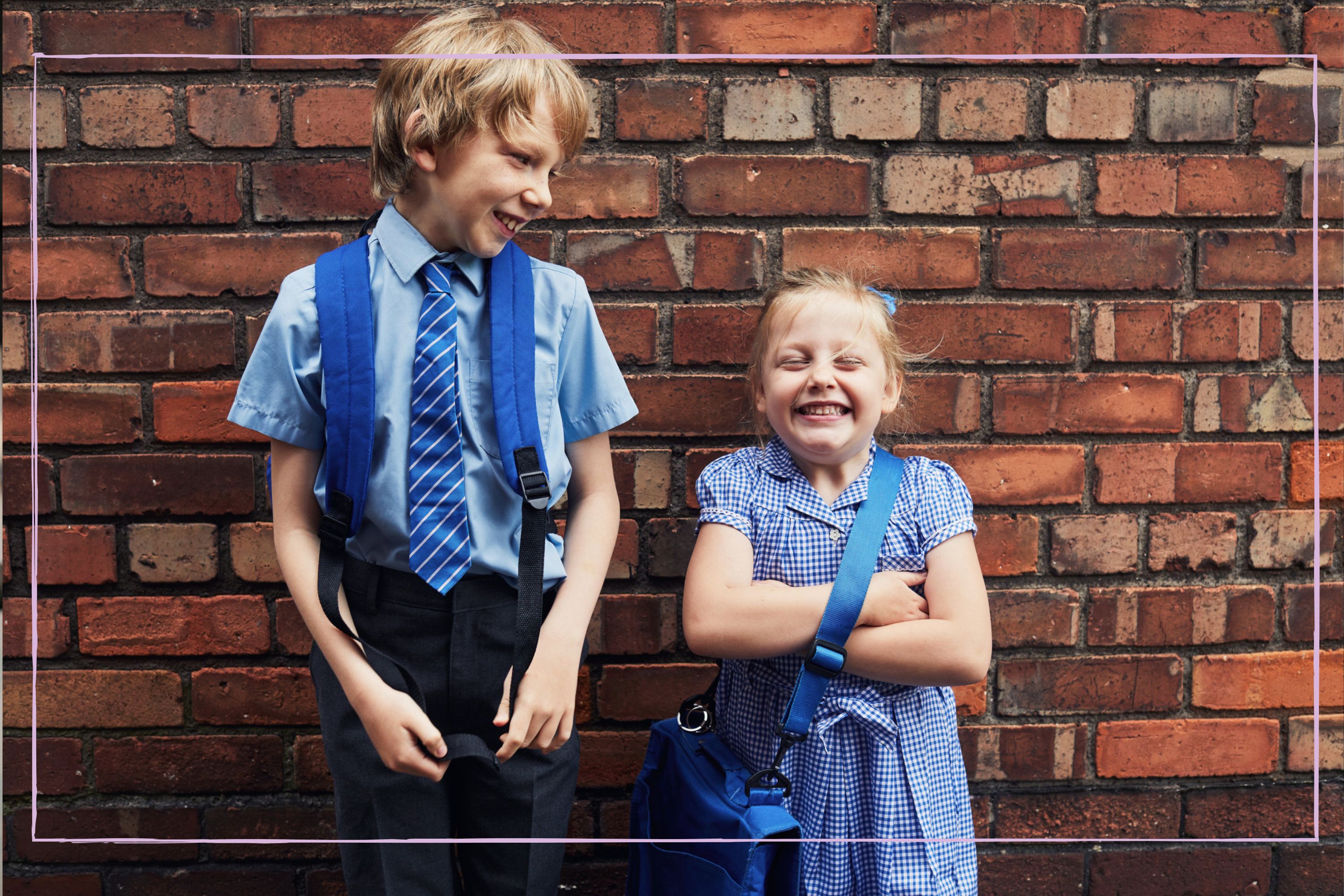 Back to school photo checklist - here's what parents need to think about first, from an expert
Back to school photo checklist - here's what parents need to think about first, from an expertBefore you post that adorable back to school photo online for your friends and family to see, a parenting expert wants you to think carefully about how much the picture reveals.
By Lucy Wigley Published
-
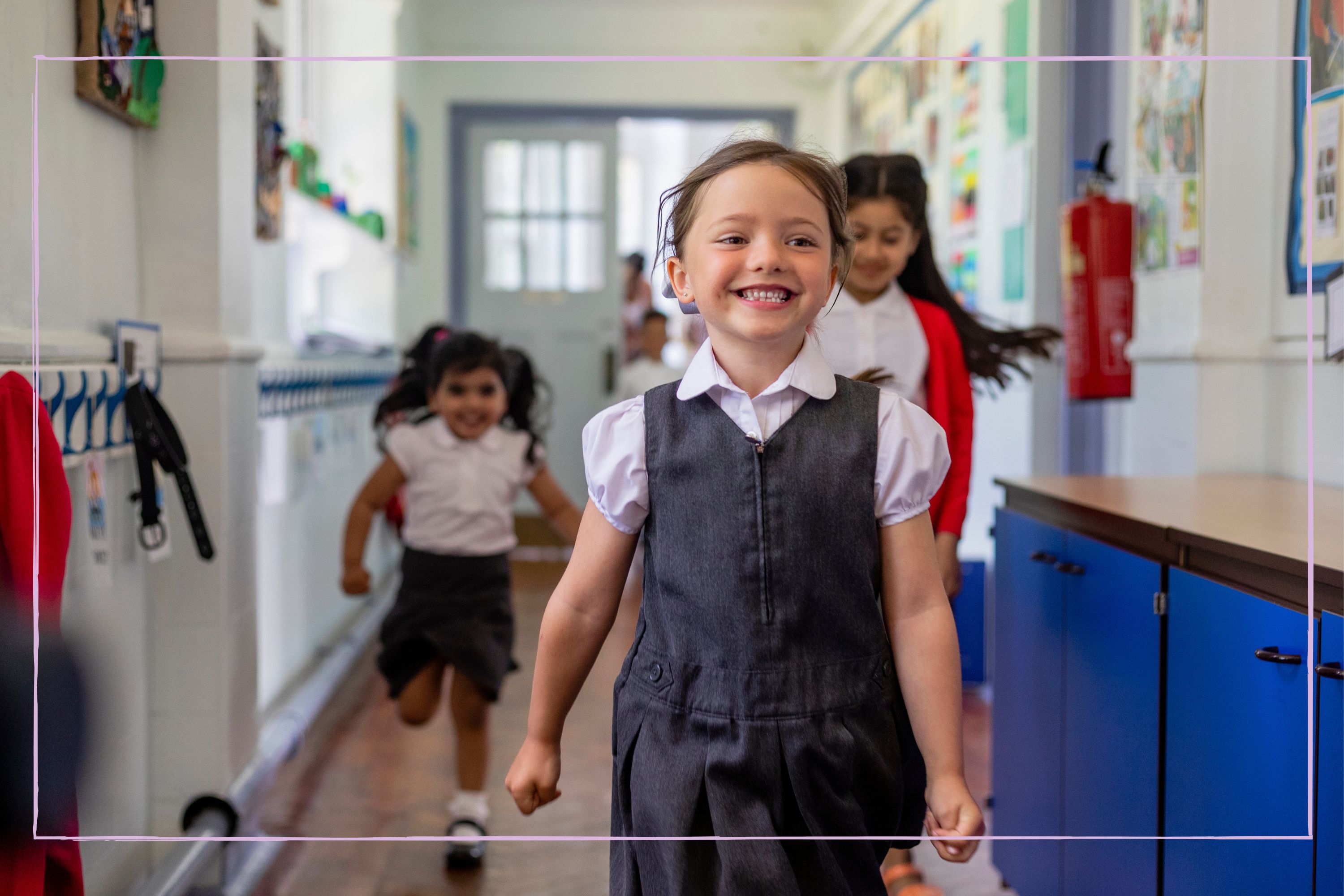 4 phrases to help kids settle on first day back at school, according to a child development expert
4 phrases to help kids settle on first day back at school, according to a child development expertIt's natural for kids to struggle with some 'separation anxiety' when returning to the classroom, and dealing with it is so much easier with expert insight
By Charlie Elizabeth Culverhouse Published
-
 Oasis reunite - the 15 facts your kids need to know about 90s band
Oasis reunite - the 15 facts your kids need to know about 90s bandEducate your kids on music's most infamous falling out and get them just as excited as you are for the Oasis reunion
By Charlie Elizabeth Culverhouse Published
-
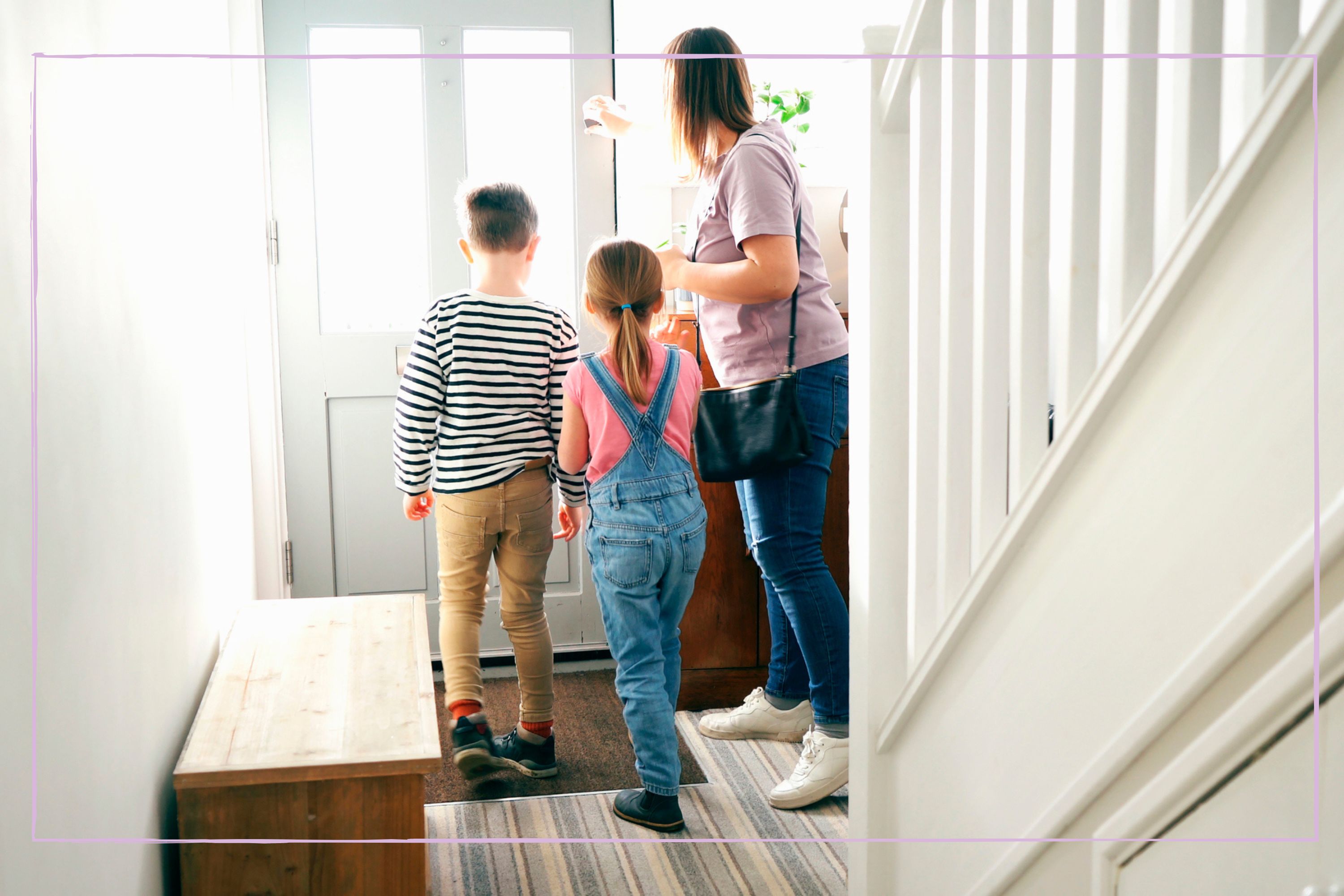 5 surprising ways rushing your kids out the door can be damaging, according to experts
5 surprising ways rushing your kids out the door can be damaging, according to expertsAre you always rushing your kids out the door? Life is a constantly hectic schedule and although you need to be places on time, it can actually be damaging to kids.
By Lucy Wigley Published
-
 10 ways Millennial parents are ‘breaking the cycle’ - and teaching kids life lessons they were never taught
10 ways Millennial parents are ‘breaking the cycle’ - and teaching kids life lessons they were never taughtBeing a 'cycle-breaker' is vital for parents who want their kids to learn life lessons they were never taught
By Charlie Elizabeth Culverhouse Published
-
 Plans to teach children how to spot ‘disinformation, fake news and putrid conspiracy theories’ in schools unveiled
Plans to teach children how to spot ‘disinformation, fake news and putrid conspiracy theories’ in schools unveiledIn a bid to tackle how children interpret what they see online and how they spot fake news, the government has announced how this will be handled in schools.
By Lucy Wigley Published